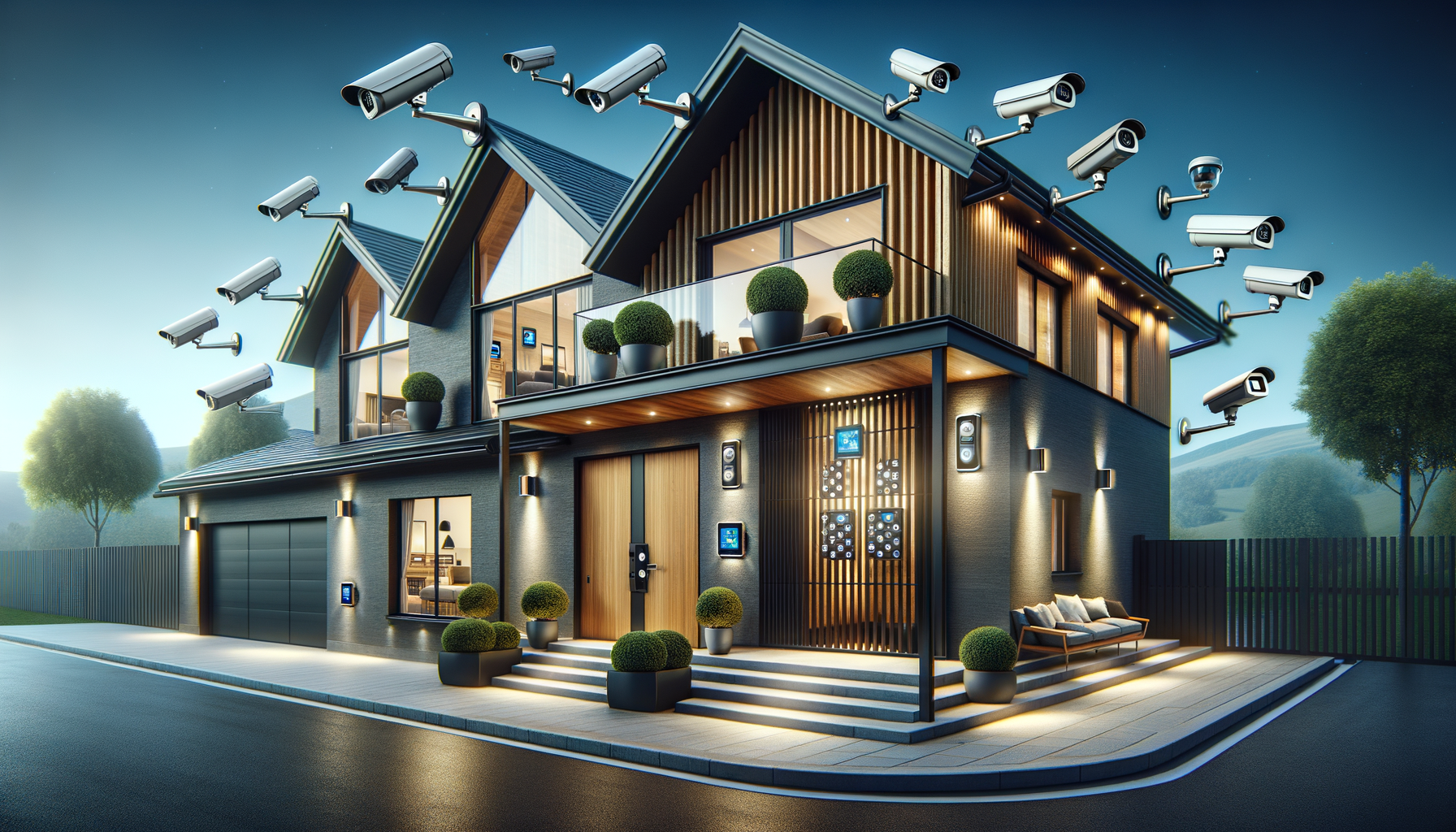Security Experts: 3 Checks You Should Do Before Considering Surveillance Cameras
Introduction to Home Security In an era where security concerns are increasingly prevalent, ensuring the safety of one’s home has become a top priority for many homeowners. The advancement of technology has brought about a variety of security solutions, with surveillance cameras being one of the most popular options. However, before jumping into the world

Introduction to Home Security
In an era where security concerns are increasingly prevalent, ensuring the safety of one’s home has become a top priority for many homeowners. The advancement of technology has brought about a variety of security solutions, with surveillance cameras being one of the most popular options. However, before jumping into the world of surveillance, it’s crucial to consider certain factors that can influence the effectiveness and efficiency of these systems. This article delves into three vital checks you should perform before considering the installation of surveillance cameras, ensuring you make informed decisions that enhance your home’s security.
Understanding Your Security Needs
Before investing in surveillance cameras, it’s essential to assess your specific security needs. This involves evaluating the vulnerabilities of your home and understanding the areas that require monitoring. Consider factors such as the size of your property, the layout, and any previous security incidents. Identifying these elements will help you determine the type and number of cameras needed, as well as their optimal placement.
For instance, if your home is situated in a secluded area, you might need a more comprehensive system that covers all entry points, including doors and windows. Additionally, understanding your security needs will guide you in choosing between indoor and outdoor cameras, as well as deciding on features like night vision and motion detection. By thoroughly analyzing your security requirements, you can tailor a surveillance system that effectively addresses your concerns.
Evaluating Technological Features
The market is flooded with various types of surveillance cameras, each boasting different features and capabilities. It’s crucial to evaluate these technological aspects to ensure they align with your security goals. Key features to consider include resolution, field of view, connectivity options, and storage solutions.
High-resolution cameras provide clearer images, which are vital for identifying intruders. A wide field of view can cover larger areas, reducing the number of cameras needed. Connectivity options, such as wireless or wired systems, also play a significant role in installation and maintenance. Furthermore, consider how the footage will be stored—whether on a local device or in the cloud—as this can impact accessibility and security.
By taking the time to understand these features, you can select a surveillance system that not only meets your security needs but also fits within your budget and technological preferences.
Considering Legal and Ethical Implications
When installing surveillance cameras, it’s important to be aware of the legal and ethical implications involved. Different regions have varying laws regarding the use of surveillance equipment, particularly concerning privacy rights. It’s crucial to familiarize yourself with these regulations to avoid any legal issues.
For example, pointing cameras towards a neighbor’s property without consent can lead to disputes or legal action. It’s advisable to consult local laws and possibly seek legal advice to ensure compliance. Additionally, consider the ethical implications of surveillance. While the primary goal is to enhance security, it’s important to balance this with respect for the privacy of others.
By understanding the legal and ethical landscape, you can implement a surveillance system that not only protects your home but also respects the rights and privacy of those around you.
Conclusion: Making an Informed Decision
Investing in surveillance cameras is a significant step towards enhancing your home’s security. By conducting thorough checks on your security needs, evaluating technological features, and considering legal and ethical implications, you can make informed decisions that lead to a more secure and harmonious living environment. Remember, the goal is not only to protect your property but also to foster a sense of safety and peace for you and your community.